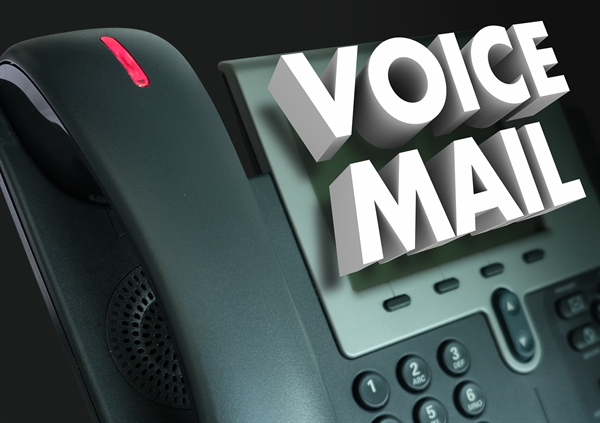How does ringless voicemail really work? Is it for you? How do you use it well?
Ringless voicemail has been getting more attention. For some phone driven businesses and call centers, it may seem like their only, or best hope of surviving and thriving in the current competitive and highly regulated environment. For others it is intriguing for getting an edge over competitors. Few still understand how it really works. So, what’s the deal? Is it right for you? What’s involved in setting up a successful system and campaign?
Direct to Voicemail Services
Ringless voicemail solutions drop messages directly into the voicemail boxes of prospects and clients. This is done without the phone ever ringing, by leveraging technology and servers. Messages can be sent to new or existing contacts, and in bulk, or batched to specific recipients. It’s all done automatically by a third party service provider, or controlled by a digital dashboard.
Uses of Ringless Voicemail
Ringless voicemail tech has a wide variety of potential uses, including:
● Outbound marketing campaigns
● Follow up and lead nurturing
● As part of drip and top of mind marketing
● Making new announcements
● For special sales deals and offers
● Ongoing customer service and loyalty programs
● Sending reminders
● Generating live inbound calls
Who Can Benefit from Using it?
Ringless voicemail can have applications for all industries and types of enterprises, including:
● Collection companies
● Real estate firms
● Investment companies
● Mortgage lenders
● Auto dealers
● Insurance companies
● Cable providers
● Event promoters
● Marketing and PR agencies
The Legality of Using Ringless Voicemail
Many don’t fully understand how this technology works, or how it is different. Everyone wants to be careful about staying in compliance, and avoiding fines for breaking regulations. Ringless is completely different than any type of phone marketing. It uses servers and information technology, not traditional phone lines. So, technically it does not fall under phone marketing regulations. There may be changes in the future. Though, if marketers and users setup smart systems, which avoid pushing the boundaries of what is acceptable in communications, they should find this a highly profitable and sustainable medium, which is fully compliant.
The Cost of Ringless Voicemail
There are two main costs associated with ringless voicemail. The first is sending the messages themselves. This is much like email or bulk text. You pay for the service or volume of messages sent. This may range from just a few cents to 20 cents a message. The more you do, the cheaper it is. The only other real cost is setting up your messages. You may just start with one generic message to begin bringing in new business, and then graduate to sending more customized messages to segmented lists. This can be virtually free if you are just going to record your own message. Others will want to hire a professional copywriter and a professional voiceover expert.
What to Look for in a Service Provider
● Good reputation
● Integration with existing systems
● Total costs
● Concerned about protecting you from liability
● Can back up the reasons they choose certain features and methods of sending messages
Best Practices for Ringless Voicemail
How you use direct to voicemail campaigns is just as important as the provider you choose, and the tech itself. Even though this technology really doesn’t have anything to do with the phone when it comes to delivery, it’s just smart to apply normal phone and marketing etiquette. Don’t spam. Don’t send messages at 2am, and regularly maintain and scrub your lists. Optimize experience and ROI by throttling campaigns appropriately, to deliver the optimal amount of incoming calls to your available reps and teams. Then customize your messages as much as possible, so they feel personal and really offer value.
Summary
Ringless voicemail is an advanced messaging tool that is easy to use, setup and deploy. It’s current classification as a technology service provides great protections for marketers, and the wide variety of potential users. With a great message, and common sense best practices, it could be the edge many have been needing and looking for.
